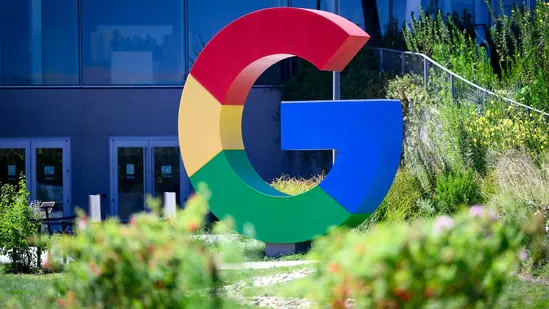Google has pushed back against a US call to sell its Chrome browser, proposing instead that a judge address antitrust concerns by prohibiting the company from using favorable treatment of its software as a licensing condition.
In a late Friday filing, Google submitted a 12-page proposed order, asking the court to ban the tech giant from requiring mobile device makers to offer preferential distribution or treatment of its software in exchange for licensing popular apps like Chrome, Play, or Gemini.
This comes after the US government, in November, urged a judge to order the sale of Chrome as part of a broader antitrust crackdown on Google. The Department of Justice (DOJ) also proposed a shake-up of Google’s business model, including an end to its default search engine agreements with smartphone makers and preventing it from exploiting its Android operating system.
The case is set to determine how to address Google’s monopolistic practices, following a landmark August ruling by US District Court Judge Amit Mehta, who deemed the company a monopoly.
Google’s proposal suggests barring it from leveraging the desirability of its apps to force mobile device manufacturers to pre-install its search engine or make it the default option. The proposed order also clarifies that Google would still be able to offer incentives to mobile manufacturers or wireless carriers in exchange for distributing or promoting its products.
The move to break up Google marks a significant shift in the US government’s approach to antitrust enforcement, echoing a similar attempt to dismantle Microsoft two decades ago.
Regardless of Judge Mehta’s ruling, Google is expected to appeal, potentially dragging the case out for years and ultimately leaving the final decision to the US Supreme Court. The case may also be influenced by the incoming Trump administration, which could replace the current antitrust team with new officials who may choose to pursue a settlement, continue the case, or drop it entirely.
The trial has scrutinized Google’s confidential agreements with smartphone manufacturers, including Apple, under which Google paid substantial sums to secure its search engine as the default on browsers and mobile devices. The judge found that these arrangements gave Google unprecedented access to user data, helping it build its dominant search platform.
AFP


